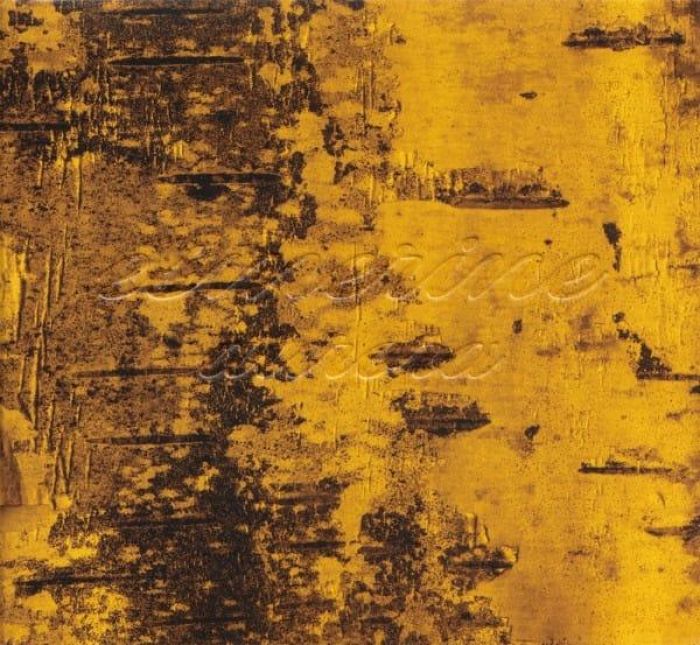Aurora by Esmerine (Review)

I’ll be flat out honest here. I found Esmerine’s first full-length, If Only A Sweet Surrender To The Nights To Come Be True, to be pretty disappointing. At times, it was far too ponderous for its own good, its orchestrations arrangements so dense maudlin that they were nearly impenetrable. At other times, the duo of Beckie Foon and Bruce Cawdron seemed fully intent on undermining their music, throwing in off little segments, including a hardcore/punk-inspired interlude, that bordered on self-parody.
The album left such a bad taste in my mouth that I was somewhat reluctant to give a listen to Aurora, the duo’s latest (and their first exclusive recording for Madrona Records). I’m glad that I resisted that urge, however, because Aurora represents a huge step forward for the duo. Their music here feels much more refined, confident, and even concise (not often a term one uses when talking about dense orchestral numbers whose average length is 7 minutes or so).
Given Foon and Cawdron’s association with Godspeed You Black Emperor!, Set Fire To Flames, and A Silver Mt. Zion, it’s tempting to describe the duo’s music in terms of their other projects. That would be both unfair and inaccurate. Admittedly, there are times when their other projects’ shadows loom over the disc, most noticeably on the final, percussion-fueled moments of “Quelques Mots Pleins D’Ombre.”
However, Aurora easily sidesteps the apocalyptic and post-rock tags that are often slapped on those other outfits. In fact, when I consider the weight and musical gravitas that is so prevalent on Aurora, I feel much more inclined to compare Foon and Cawdron’s compositions to such modern classical outfits as The Balanescu Quartet or Gavin Bryars.
“Histories Repeating as One Thousand Hearts Mend” might be the disc’s make-or-break track, given its 17-minute runtime. At times, the duo’s arrangements do threaten to overwhelm, but there are a few surprises here and there. A marimba will come dancing in just below the surface, or a vaguely middle-eastern phrase will surface, and the listener is drawn in that much further.
“Why She Swallows Bullets and Stones” feels like the album’s odd track out, partly because the primary instrument is piano rather than cello, and also because it’s a good deal lighter and more ethereal than anything else on the disc. Which isn’t to say that it’s not as solemn or elegiac as the rest of the disc. It is, only in a different manner. Meanwhile, static and feedback churn and buzz at the edges, threatening to rush in and overwhelm a piano melody that continues to meander around naively.
Unfortunately, the disc falters a bit in its third act. “Ebb Tide, Spring Tide, Neap Tide, Flood” is a rather subdued piece of bells and gentle static washes that manages to create a moody, surreal air — imagine hearing the sounds of some long-lost, ivy-covered town’s church bells drifting down a foggy seashore — but it doesn’t do much with what it has, and the piece eventually fades away without leaving much of an impact.
And the disc’s final track, with its ebbing strings and insistent drumming, will dredge up Godspeed comparisons once more, though it never quite achieves the sort of critical mass necessary for those comparisons to hold much water. It’s a nice enough sounding track, but like the one before it, simply doesn’t do much with what it has. Rather, it’s merely content to reiterate the same basic patterns and ideas over and again until it eventually ends.
However, these are relatively minor issues when compared to what the duo achieves earlier on the disc, and especially when compared to where they were just a few years ago with their first disc. With that in mind, Aurora is a very solid disc overall, and a very nice improvement all around for Foon and Cawdron.